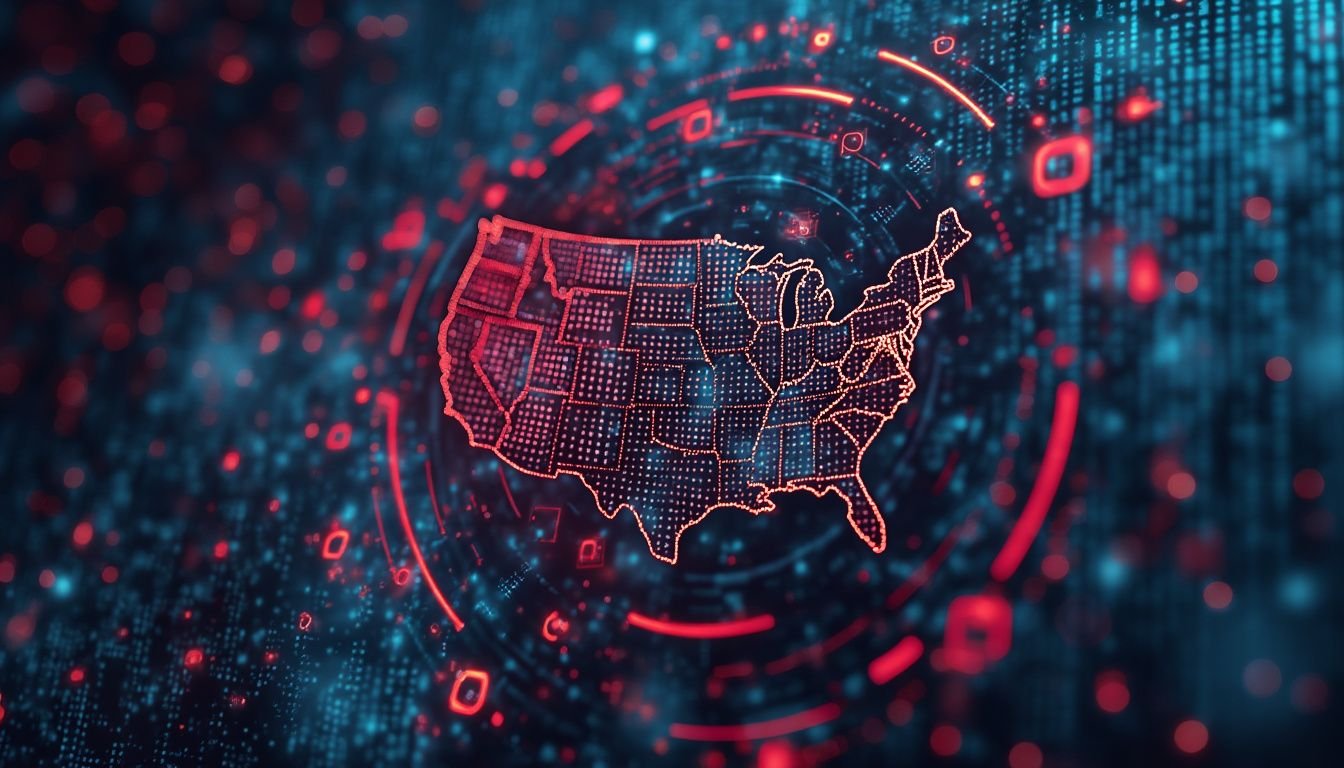Dedicated Legislation for Regulating AI
In a significant move, a bipartisan committee has put forward recommendations for the creation of a dedicated artificial intelligence (AI) act aimed at regulating high-risk AI technologies. The proposed legislation particularly targets generative AI tools, marking ChatGPT and similar systems for special consideration. By designating these innovations as high-risk, the committee aims to apply stricter regulations to ensure their responsible use while safeguarding against potential misuse.
The committee emphasizes the necessity of a balanced regulatory framework that imposes rigorous oversight on high-risk technologies while maintaining minimal intervention for low-risk AI tools. This risk-based approach is crucial to effectively manage the dual potential of AI to drive progress and pose risks.
Addressing the Challenges and Opportunities of AI
One of the core accusations levied by the committee is against tech giants like OpenAI, Meta, and Google for what it describes as unprecedented theft. This refers to the practice of using copyrighted content for training AI models without proper permissions or compensation for creators. To combat this, a payment mechanism is recommended to ensure creators receive fair compensation for their contributions to AI advancements.
The recommendations also stress the importance of transparency and accountability for high-risk AI products. Tools like ChatGPT would be subject to stringent testing requirements to guarantee their functionality and safety. Increased transparency in AI development processes is seen as pivotal to maintaining public trust and ensuring these technologies are employed ethically and effectively.
Potential Risks and Global Perspectives
Highlighting the impact on democracy, the committee calls attention to the risks posed by AI-generated content, such as the potential to influence election outcomes or infringe workplace rights through enhanced surveillance. To address such issues, the committee looks to international comparisons, notably the European approach, which already enforces strict regulations on certain high-risk AI applications like social scoring and real-time facial recognition.
Building public trust is identified as essential for advancing AI adoption across various sectors. With public sentiment towards AI currently more cautious in regions like Australia compared to other parts of the world, implementing strong safeguards could lay the groundwork for higher adoption rates and broader acceptance of AI technologies.
Ultimately, these recommendations pave the way for comprehensive legislative and regulatory actions across sectors such as healthcare, employment, and online environments. Aimed at explicitly prohibiting harmful uses and establishing a robust framework, such oversight will set standards for the responsible administration of AI, ensuring it contributes positively to societal progress.




